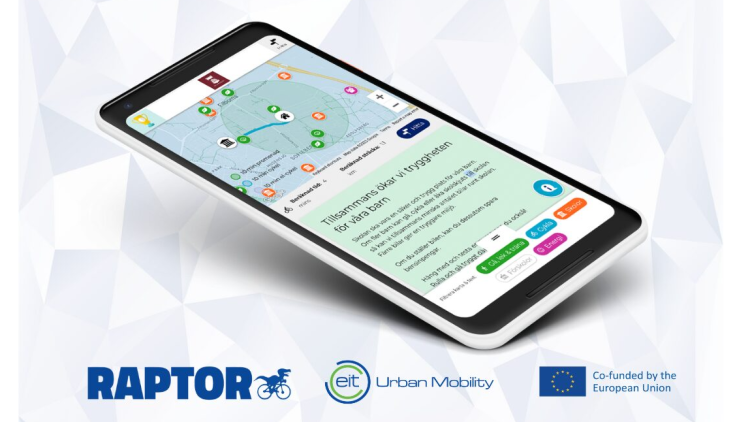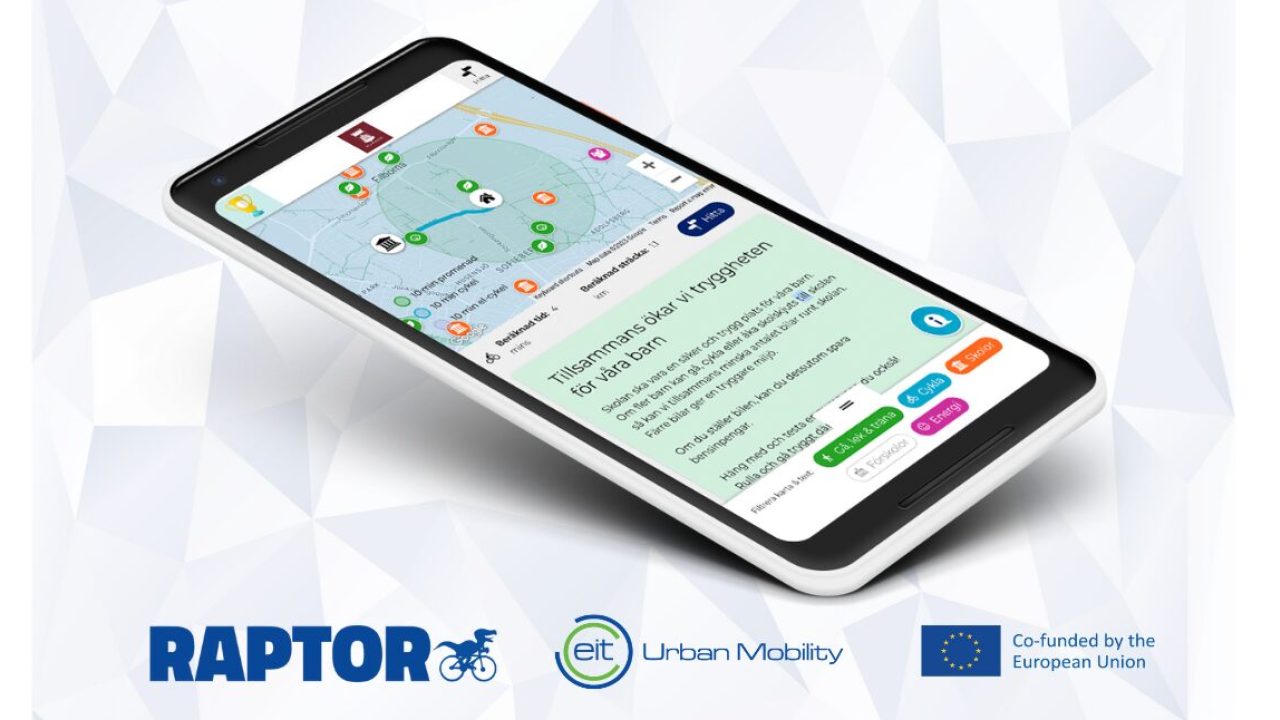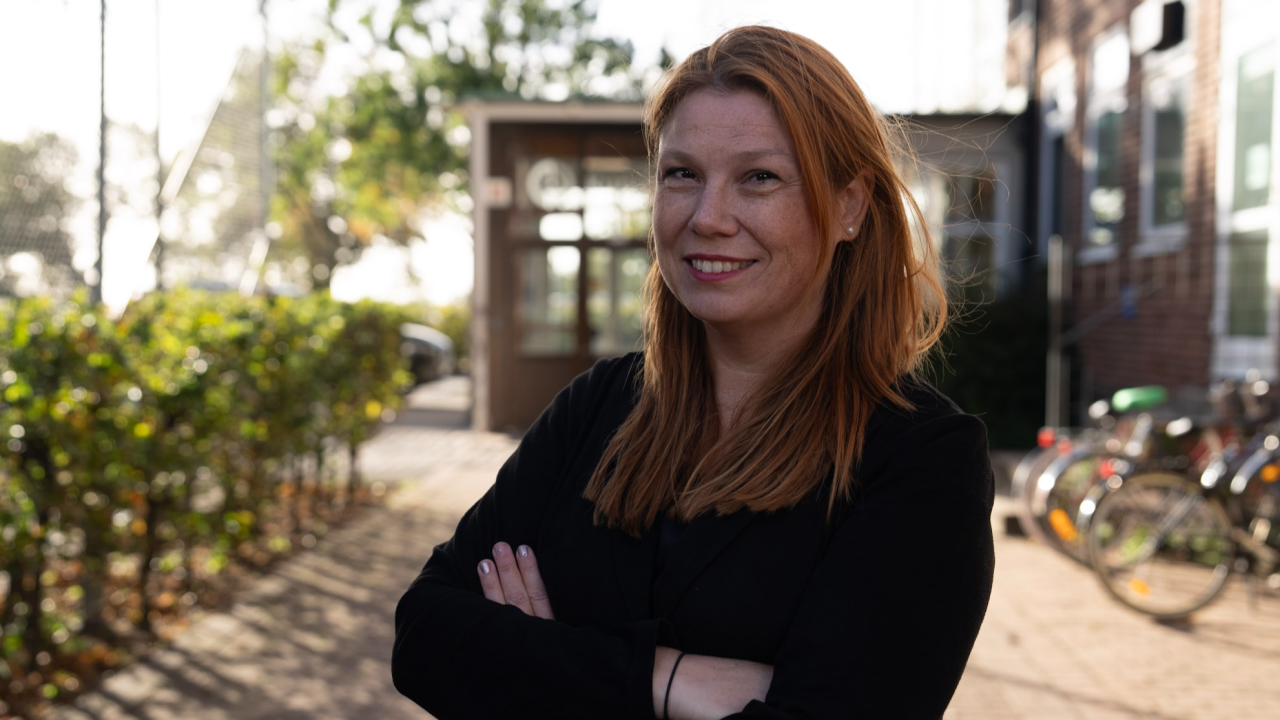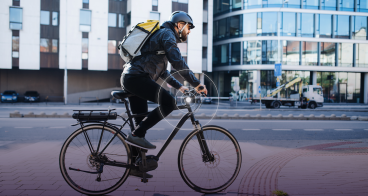Helsingborg: Cultivating bicycle culture in schools

The Challenge
The City of Helsingborg confronts a dual challenge rooted in both safety concerns around primary schools and the broader goal of fostering a culture of sustainable mobility. The city intends to enhance safety in the vicinity of schools by actively promoting alternative modes of transportation, particularly walking and cycling, among students and school staff members. This initiative seeks to discourage car usage for school commutes, encouraging age-appropriate children to embrace active mobility, either independently or accompanied by an adult. With an overarching aim to instil healthy and environmentally friendly travel habits, the city envisions school staff as positive role models for students, contributing to a safer and more sustainable school environment.
Despite substantial investments in infrastructure, including dedicated bike lanes and parking facilities, the city faces a paradox: a lower rate (11%, the lowest rate in the region) of cycling compared to similar-sized cities and the regional average. The challenge lies in understanding the barriers preventing families with children from choosing bicycles for their commutes and identifying factors limiting recreational cycling in Helsingborg. The city acknowledges a gap in knowledge concerning incentives and deterrents for increased cycling. In light of the existing infrastructure and available data, the focus shifts towards comprehending citizen behaviour to cultivate a distinct "bicycle culture" in Helsingborg.
The Solution
In the framework of a pilot project supported by EIT Urban Mobility through the RAPTOR programme in Helsingborg, a solution to Helsingborg’s challenge was proposed, involving leveraging education, gamification, and support mechanisms to enhance the appeal and accessibility of cycling, aiming for a wider adoption across diverse demographics
The Smart Nudges Mobility Platform by Nudgd was tailored for this project, serving as a tool to encourage active transportation for school commutes among parents and staff, offering an alternative to personal car usage. The groundbreaking pilot programme marks the first large-scale application of a digital nudging platform to influence school mobility in Helsingborg.
Smart Nudges Mobility platform (Smart Travel Habits) employed behaviour science techniques to effectively engage parents and school staff, encouraging them to choose biking, walking, scootering, skateboarding, rollerblading, or running shoes over cars. Principals facilitated the outreach by sharing personalised platform links with the target group, featuring compelling content including eye-opening arguments, smart tips, interactive maps, and educational quizzes - all designed to promote and facilitate active commuting.

Making an impact
The pilot project yielded tangible outcomes, showcasing notable shifts in travel behaviours among both parents and school staff:
- 25 schools participated, reaching parents of 8,850 pupils and 980 staff members.
- 850 parents and staff used the platform, answered the survey and were identified as unique users.
- 39% stated that they already have changed to, or plan to change to, more sustainable mobility behaviours for school mobility.
In addition, within the context of the European Mobility Week, Nudgd's dedicated efforts in Helsingborg have not only left a lasting impact on sustainable school travel habits but have also earned a prestigious nomination for the MOBILITYACTION Award. This recognition underscores Nudgd's commitment to promoting active mobility and contributing to the City of Helsingborg's goals for enhanced cycling and safer, more sustainable commuting practices among the parents and staff members of primary school students.

Lessons learnt
The success of the project was due to the commitment of the city, schools, parents, and children to try new ways of commuting. Apart from that, the following were key success factors:
- An user friendly platform, a personalised application
- Gamification techniques such as quizzes
- Interactive features which were entertaining
- Schools principals encouraging the use of the platform
- Leveraging the influence of school communities on city-wide mobility patterns, smart nudging to facilitate sustainable mobility








